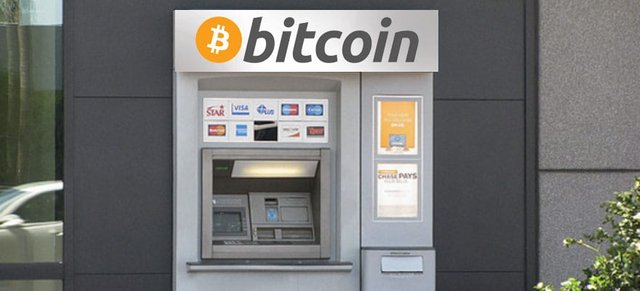Bitcoin: Which Traditional Banks Sell Cryptocurrencies

While Bitcoin is actively traded on dedicated exchange websites and apps, a few traditional banks and exchange operators have also started to sell cryptocurrencies.
South Korea, among others, is considering a ban on trading with virtual cryptocurrency operators that are not regulated by local authorities.
Here are some of the traditional banks and exchange operators that allow you to buy Bitcoin and other cryptocurrencies.
Switzerland
In August 2017, the Falcon Private Bank announced that it was the first Swiss private bank to provide blockchain asset management for its clients.
The Swiss bank headquartered in Zurich allows its clients to trade in Bitcoin (XBT), Etheruem (ETH), Litecoin (LTC), and Bitcoin Cash (BCH).
The Swissquote bank based in Gland, also started trading in cryptocurrencies in 2017.
Customers of the bank can trade in Bitcoin, Etheruem, Litecoin, Ripple (XRP) and Bitcoin Cash.
IG Bank started trading with cryptocurrencies in 2017. Customers can use it to buy Bitcoin and Bitcoin Cash.
United States
In December 2017, the Chicago Board Options Exchange (CBOE) became the first US-based exchange to offer Bitcoin Futures based on the Bitcoin price on the Gemini virtual exchange.
As described by CBOE, Bitcoin futures are legal agreements that stipulate the price at which parties will trade Bitcoin on a specified date in the future. Each futures agreement is stipulated with an expiration date anywhere from a week out to nine or more months.
At the futures contract due date, Bitcoin futures are settled based on the official auction price for Bitcoin on the Gemini Exchange on that day.
The Chicago Mercantile Exchange (CME) became the second exchange to offer Bitcoin trading on December 2017.
The following public exchanges do not yet offer trade in Bitcoin, but reportedly have plans to do so in 2018:
The Nasdaq Stock Market plans to launch a futures contract based on Bitcoin in 2018, making it the third exchange operator to offer Bitcoin contracts in the US.
The New York Stock Exchange is planning to dive into the cryptocurrency market. In December it asked the US Securities and Exchange commission for approval to list two Bitcoin futures on its market.
Bitcoin ATMs
The world's first Bitcoin ATM opened on 2013 at the Waves Coffee House in downtown Vancouver, Canada.
The internet-connected machines look like traditional ATMs but they are not connected to a bank account and instead simply allow users to connect to a virtual Bitcoin exchange.
Users insert cash, buy Bitcoins online, and receive Bitcoin as a paper receipt.
There are over 2000 Bitcoin ATMs and tellers around the world, according to the Bitcoin ATM Radar website.

Virtual exchanges
Popular virtual Bitcoin exchange operators include Bitstamp, Coinbase, Gemini, Coincheck, and Kraken.
Hacking risk. Over 36 dedicated exchange operators have closed down in recent years. The latest was South Korea's You.Bit exchange on December 19, which filed for bankruptcy after it was hacked for the second time this year.
Over $70m worth of Bitcoin has reportedly been lost after hackers targeted several cryptocurrency exchanges.
Hi! I am a robot. I just upvoted you! I found similar content that readers might be interested in:
http://www.aljazeera.com/news/2017/12/bitcoin-traditional-banks-sell-cryptocurrencies-171227111603189.html